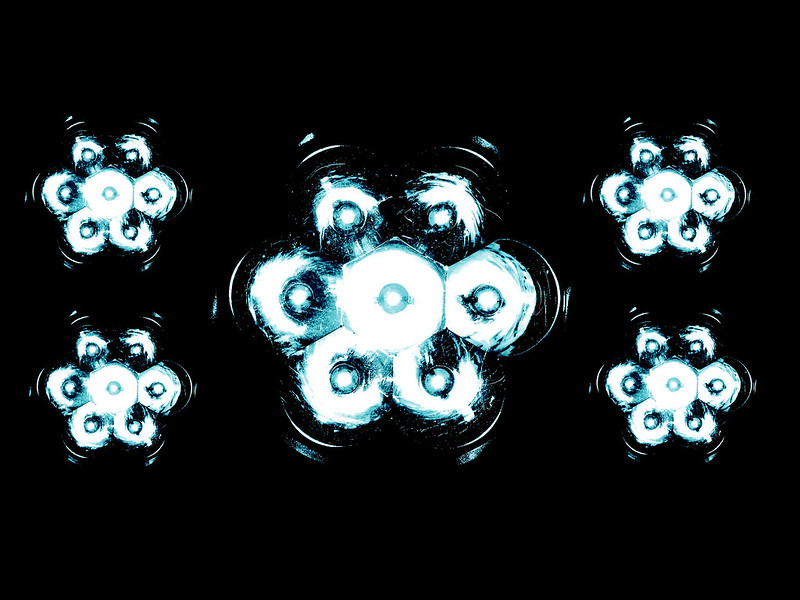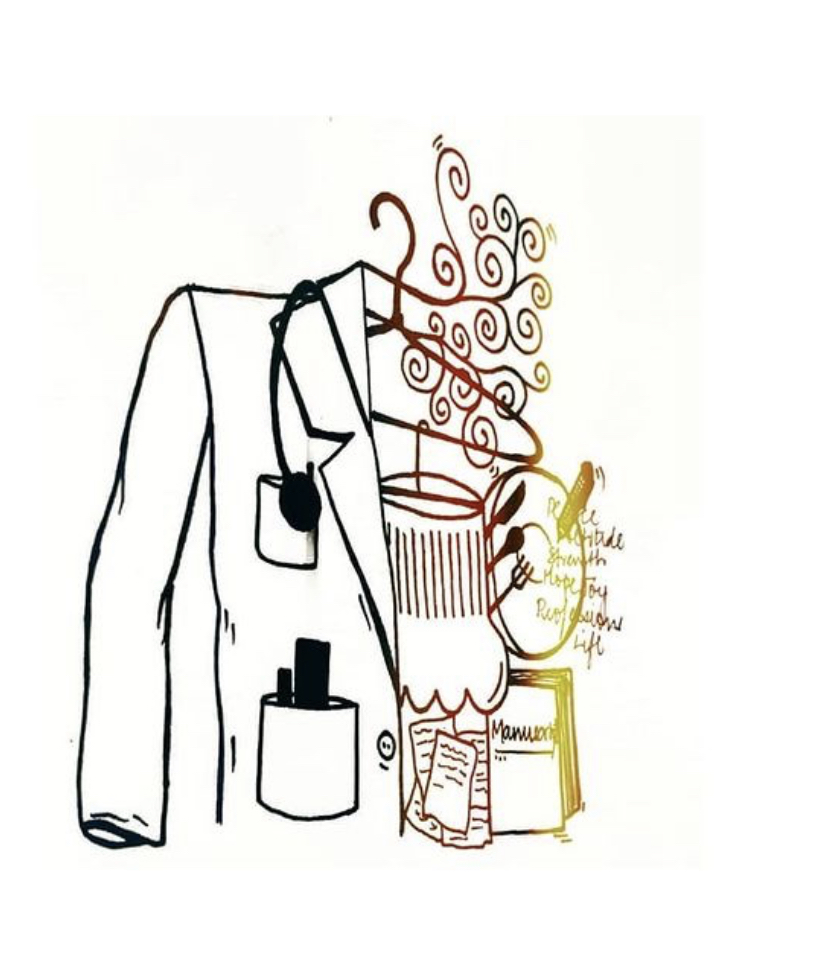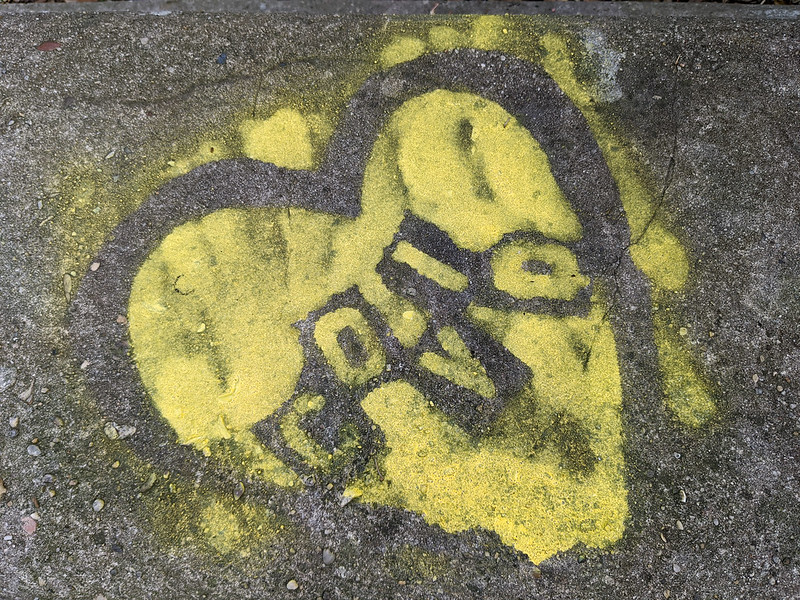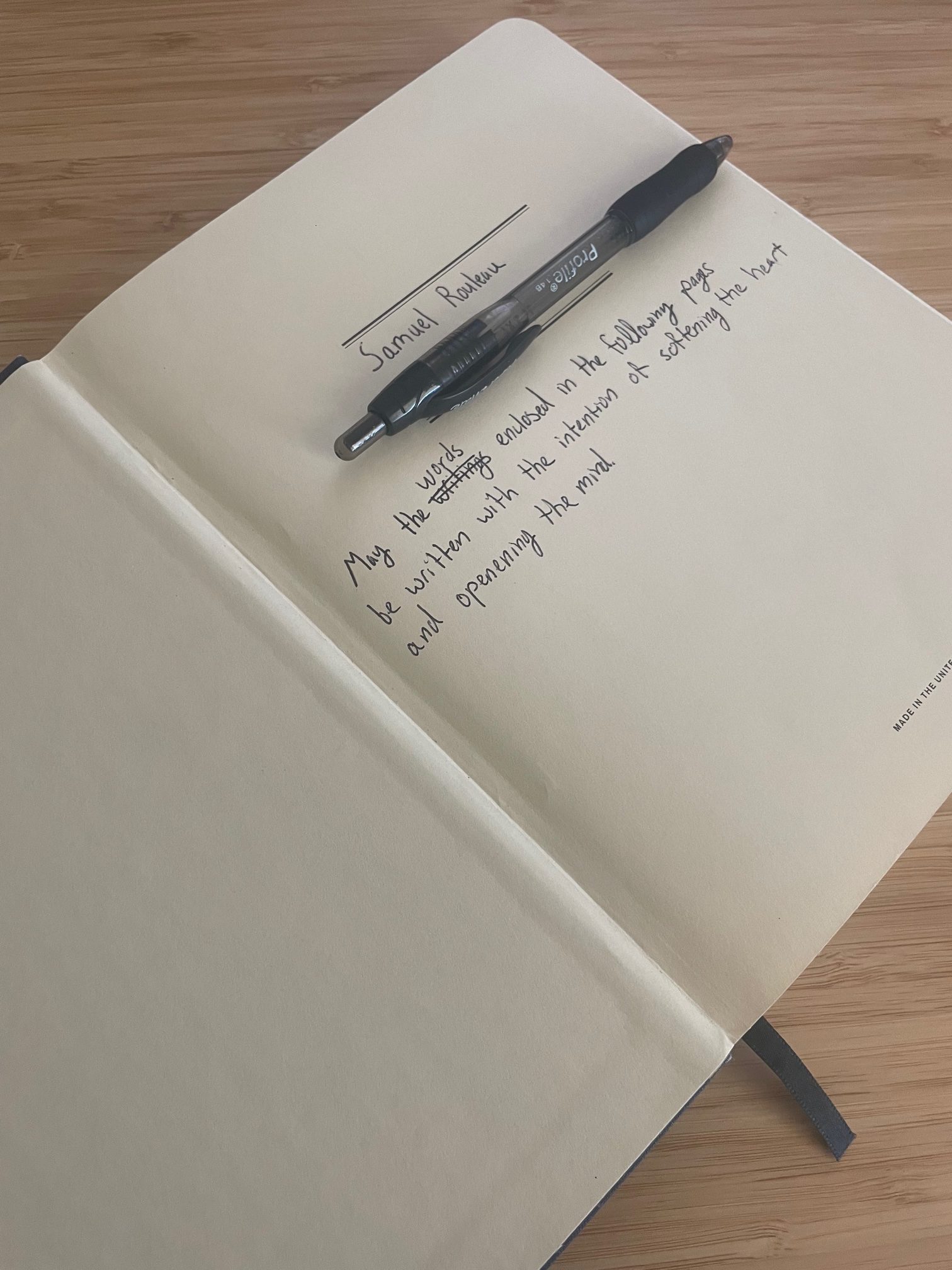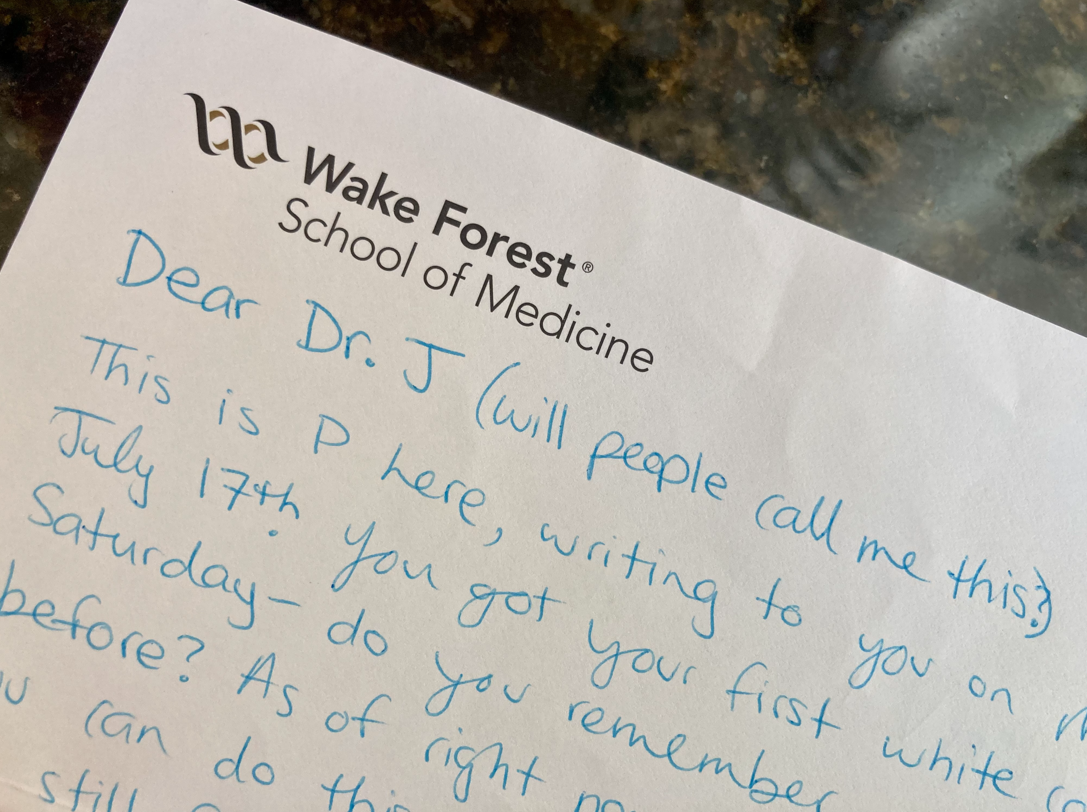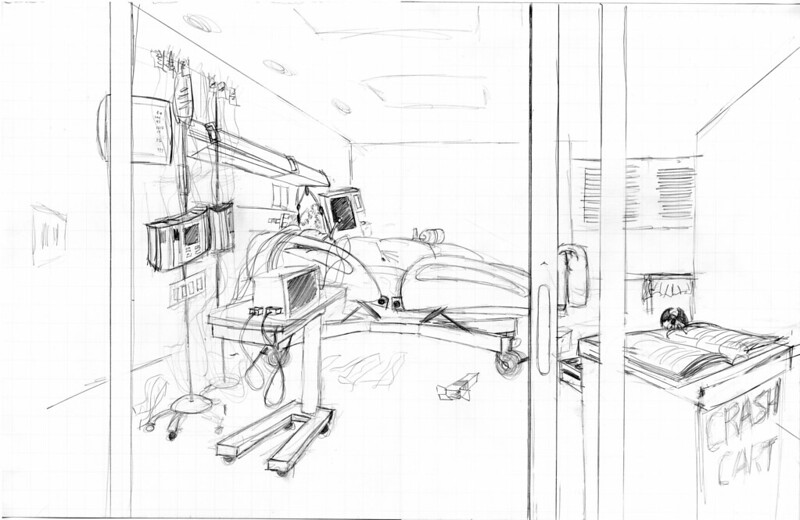The Interview as an Invitation
Freud supposedly understood himself as a surgeon of the mind, dissecting his patients’ mental anatomy through the process of psychoanalysis. I found this comparison appealing, so when I started the psychiatry clerkship in my third year of medical school, I approached the interview in psychiatry as analogous to a surgical procedure — efficient, scripted, precise.




